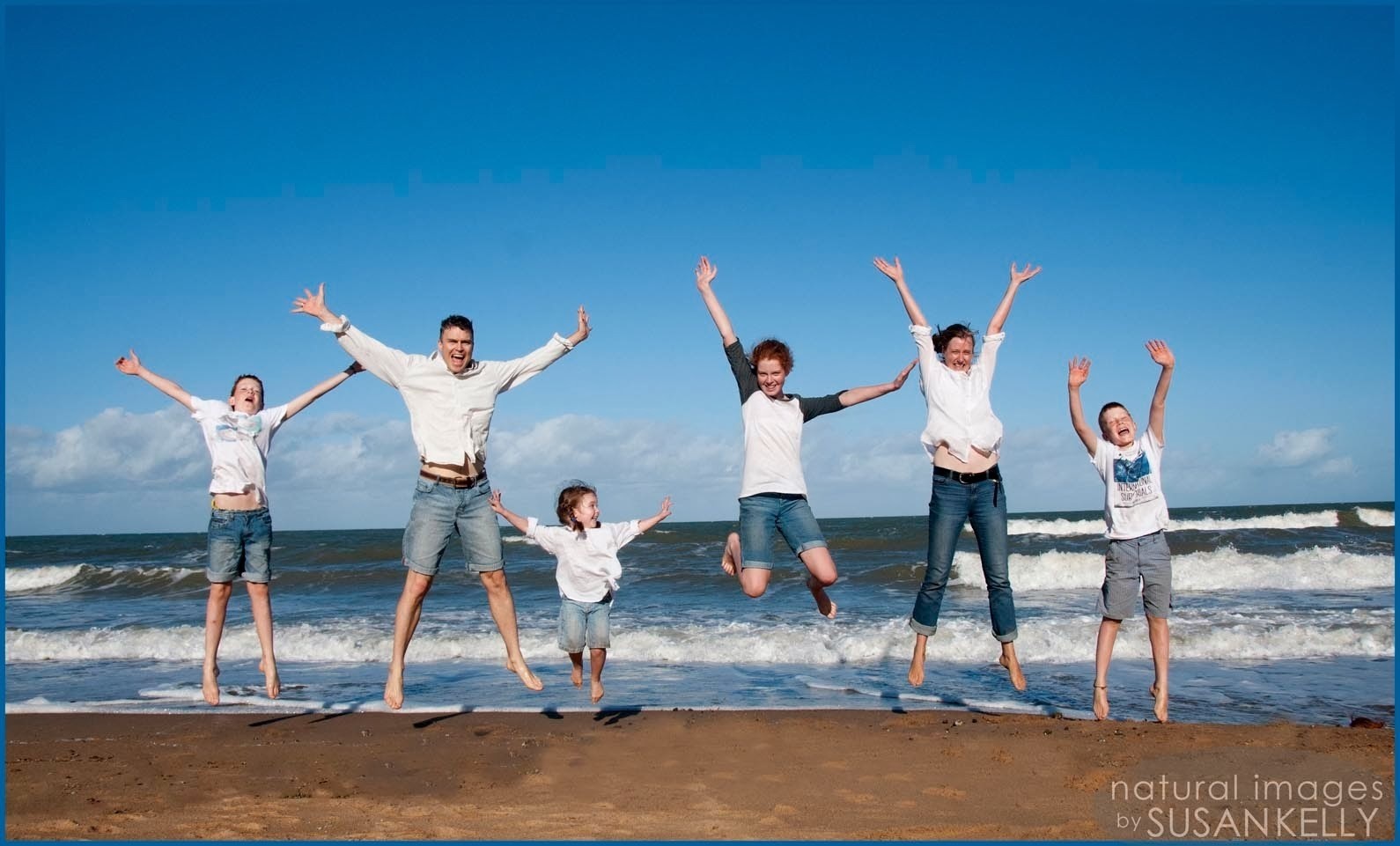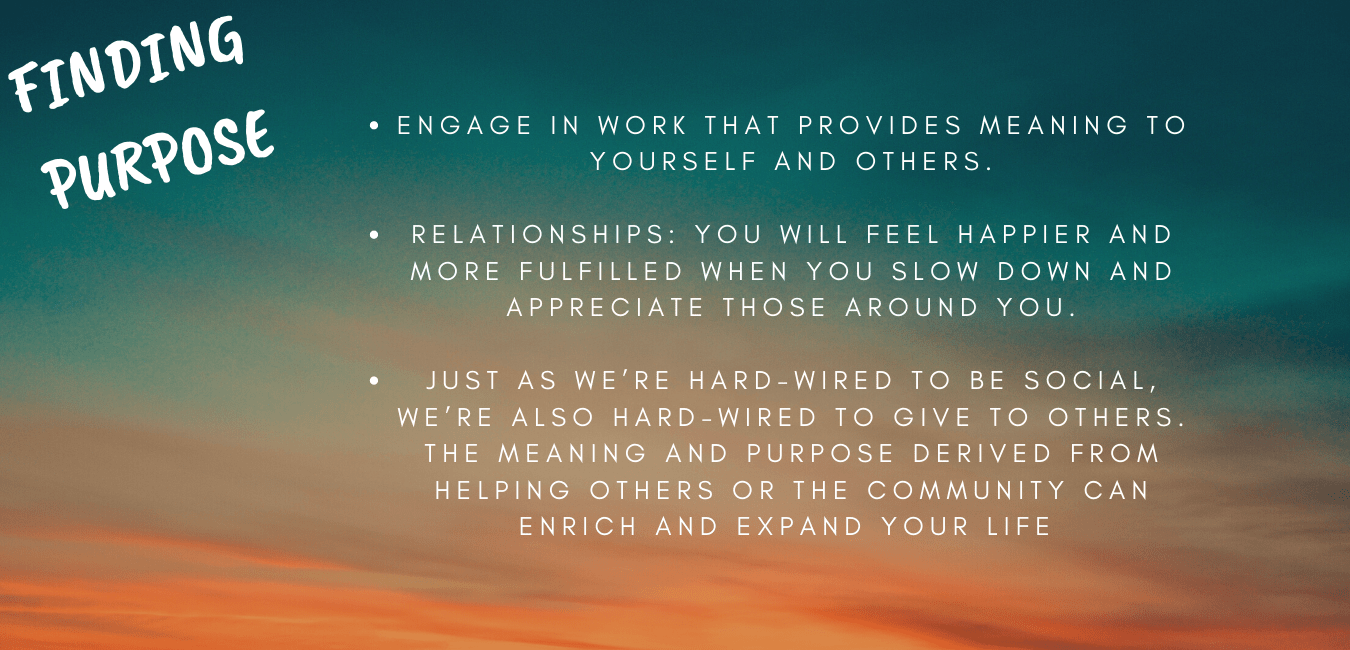Word-Of-the-Week #864: Enjoyment
February 25, 2021 by Susan Clarke · Comments Off on Word-Of-the-Week #864: Enjoyment
Enjoyment – the pleasure felt when having a good time.
How much enjoyment are you experiencing in your life? Do you feel good about your work life? How about at home? Are you able to find enjoyment in the simple pleasures of life?
I am focused on finding some enjoyment during these crazy times and so I’m taking the liberty to rerun a past WOW. I was featured in my fellow speaker and friend Sarita’s What do you say Communique‘ monthly e-newsletter. She titled it, “Are You Having FUN Yet?”
Sarita wrote, “We sometimes spend lots of energy trying to fix or change negative situations that are really beyond our control. (ie–corporate decisions, the economy) And now the coronavirus!
Instead, it would be a better use of our time to find ways to counteract the negativity by focusing on creating more of ‘what provides amusement or enjoyment’ (Webster Dictionary definition of FUN).
My colleague Susan Clarke, CFO (Chief FUN Officer) of FUN-damentals.com says it best: “Fun is riding the teeter totter on the playground of life. There will always be ups and downs. Hold on and enjoy the ride!”
Sarita’s 12 Tips for “Enjoying the Ride.”
- Make peace with your past so it doesn’t spoil all the fun in your future.
- Don’t try to win every argument. Agree to disagree.
- Each day do something nice for someone.
- Don’t compare your life to others’. You have no idea what they’ve been through.
- Develop a network of friends to support you in “enjoying the ride.”
- Don’t take yourself so seriously…keep a sense of humor.
- Use your “resiliency resources.” i.e. – spend time doing your favorite activities.
- Smile. Laugh. Play.
- Create a list of FUN things to do, then start doing them.
- Don’t take things personally. It’s usually NOT about you.
- Ask for what you want. If you don’t ask, you don’t get.
- Remember…no one is in charge of your happiness except you.
Copyright 2021 Sarita Maybin. All rights reserved.
This week’s focus is on enjoyment. Are you “enjoying the ride?” What pleasures do you relish? Which of the 12 tips could you start doing to ensure a FUN ride?
Sarita’s book, “If You Can’t Say Something Nice, What DO You Say? is available on Amazon.com.
I LOVE feedback! Join my Facebook community on my FUN-damentals Fan Page.
Word-Of-the-Week #863: Well-being
February 18, 2021 by Susan Clarke · Comments Off on Word-Of-the-Week #863: Well-being
Well-being – a contented state of being happy and healthy and prosperous.
How often do you feel a sense of contentment? How much time do you devote to yourself? How often do you get a good night’s sleep?
This week features the 2nd half of “Ways to reduce anxiety, improve well-being,” by Melanie Curtin, Inc.
To Recap 1. Meditate 2. Go forest bathing 3. Chew gum 4. Laugh
- Journal
According to psychologist L. Kevin Chapman, PhD, “When we experience stress and the negative emotions associated with it, we typically stay in our own heads and do little to address our thinking.”
Instead of hanging out with toxic thoughts, he suggests reducing anxiety with “objective recording.” Here’s how you do it: Draw a line down the middle of a sheet of paper. Mark the left column, “Negative things I’m saying to myself.” Mark the right, “Alternatives.” Fill out both.
“When we simply acknowledge what we’re saying to ourselves out of stress, we often realize how silly we are being,” says Chapman.
Multiple studies back up the idea that writing out your thoughts and feelings helps you process emotions in a healthy way, significantly reducing anxiety. One study showed that people who journaled about upsetting events for just 20 minutes a day for three days healed from physical wounds over 75 percent faster than the control group.
Another showed that college students who engaged in expressive writing experienced less depression, anxiety, and stress after two months than control students.
- Get enough sleep
If you take nothing else away from this, hear this: If you’re prone to anxiety, it’s critical that you get enough sleep.
According to neuroscientists out of UC Berkeley, when you don’t get enough sleep, your brain’s amygdala and insular cortex both light up in a pattern similar to the abnormal neural activity of people with anxiety disorders.
Senior study author Matthew Walker says, “These findings help us realize that those people who are anxious by nature are the same people who will suffer the greatest harm from sleep deprivation.”
In other words, if you’re anxious, you’re far more likely to develop a full-on anxiety disorder if you don’t get enough sleep regularly. It’s vital that your brain gets the rest you need.
- Check your email less
Researchers out of University of British Columbia took 124 study participants and had one group limit how often they checked their email (to three times a day only). The other group could check as often as they wanted.
Perhaps unsurprisingly, researchers found that people were less stressed when they checked their email less frequently.
The key here is to limit how often you’re doing it. It’s not about neglecting your duties, but about not jumping every time you see an email notification pop up on your phone.
Consider taking all that time you’re saving by not checking your email to meditate, journal, take a forest bath, and/or watch a funny video.
This week’s focus is on well-being. How often do you journal your feelings? How easy is it to turn off your devices? This last one just keeps showing up in article after article. That should be reason enough to give it a rest. Try it… you just might like it!
I LOVE feedback! Join my Facebook community on my FUN-damentals Fan Page.
Word-Of-the-Week #862: Anxiety
February 11, 2021 by Susan Clarke · Comments Off on Word-Of-the-Week #862: Anxiety
Anxiety – a state of uneasiness and apprehension.
How would you rate your stress level on a scale of 1 to 10? How often do you feel a sense of apprehension or uneasiness? How much time do you spend dwelling on future uncertainties?
I felt this past WOW, “Ways to reduce anxiety, improve well-being,” by Melanie Curtin, Inc. is pretty timely given we are still dealing with COVID after almost a year. And one of the things I keep hearing people talking about is their anxiety level. This features the first half.
“Stress and anxiety isn’t just uncomfortable–it can be debilitating. Around 40 million adults in the U.S. alone suffer from anxiety disorders, which are the most common mental illnesses in the country.
Fortunately, anxiety is very treatable. Here are some proven ways to calm down and lighten up:
- Meditate
Dr. Elizabeth Hoge, assistant professor of psychiatry at Harvard Medical School, says mindfulness meditation is perfect for reducing anxiety both short- and long-term:
“People with anxiety have a problem dealing with distracting thoughts that have too much power … You might think ‘I’m late, I might lose my job if I don’t get there on time, and it will be a disaster!’ Mindfulness teaches you to recognize, ‘Oh, there’s that thought again. I’ve been here before. But it’s just that–a thought, and not a part of my core self.'”
Research shows you only need 10-15 minutes of meditation per day to get the health benefits, which includes reducing stress hormone levels, increasing serotonin, and strengthening your ability to let go of thoughts that don’t serve you. Download a meditation app like Calm or Headspace to get started.
- Go forest bathing
From 2004 to 2012, Japanese officials spent $4 million studying the physiological impact of “forest bathing”, which just means spending time around trees. They found that it reduces anxiety, boosts your immune system, and amplifies feelings of wellbeing.
You don’t need to go to a heavily forested area, either. People in cities get the same benefits in a park. Like meditation, you don’t need a lot of exposure to get the health effects–you just need regular contact.
Scientists say part of the reason for the reduction of anxiety has to with the essential oils trees emit, aka phytoncide. Breathing in tree air doesn’t just feel fresher–it actually is; it boosts your intake of phytoncide, which improves your overall health.
- Chew gum
Multitasking is generally bad for anxiety, but if you’re going to do it, get yourself some Juicy Fruit.
A study out of Swinburne University found that people who chew gum while multitasking under stress had lower cortisol levels, reduced levels of stress and anxiety, and increased levels of alertness and performance.
Another found that chewing gum can improve a negative mood, and increase levels of peace and calm. Scientists don’t know precisely why, but believe it’s because chewing gum tends to improve blood flow in the brain.
- Laugh
Laughter is an easy, cheap, and surprisingly effective way of reducing anxiety and boosting mood. The Mayo Clinic says laughing stimulates your heart and lungs, bringing in lots of oxygen-rich air. It also ups your endorphins, the brain’s feel-good neurotransmitter, and improves your immune functioning.
Multiple studies show that while laughter initially triggers your stress response (causing your heart rate and blood pressure to spike), when it subsides it calms your nervous system down to a point where you feel not just relaxed, but relaxed and happy.
My favorite way to get in a quick laugh is to watch news bloopers.”
This week’s focus is about reducing anxiety. How would it feel to turn a negative thought into a positive one? When was the last time you went forest bathing? How often do you chew gum? When is the last time you had a good “belly laugh”?
I LOVE feedback! Join my Facebook community on my FUN-damentals Fan Page.
Word-Of-the-Week #861: Meaning
February 4, 2021 by Susan Clarke · Comments Off on Word-Of-the-Week #861: Meaning
Meaning – a sense of importance or purpose.
Does your work feel important to you? Do you feel a sense of purpose in your life? How important is being healthy to you?
This week features excerpts from “The Meaning of Life. Scientific and cultural studies show that a sense of purpose increases odds of good health and longevity” by Marta Zaraska
“Americans dream of living long. In a survey done by Stanford Center on Longevity several years ago, 77 percent said they’d like to make it to 100.
And so we diet, count steps, pop supplements and hope for miracle immortality treatments. Yet although diet and exercise are certainly vital for health (some supplements may actually harm your centenarian potential), science shows there is another longevity ingredient we often overlook: finding purpose.
- Research reveals that people who believe their existence has meaning have lower levels of the stress hormone cortisol and more favorable gene expression related to inflammation. If a 90-year-old with a clear purpose in life develops Alzheimer’s disease, that person will probably keep functioning relatively well despite real pathological changes in the brain, one study found. Another meta-analysis of 10 studies involving more than 136,000 people found that having purpose in life can lower your mortality risk by about 17 percent — about as much as following the famed Mediterranean diet.
Two years ago when researching my new book, “Growing Young: How Friendship, Optimism and Kindness Can Help You Live to 100,” I talked to scientists and centenarians in Japan about the reason behind their nation’s exceptional longevity — life expectancy at birth in that country stands at 84.2 years, almost six years longer than in the United States. While similar interviews I’ve conducted in the West tended to center on diet and exercise, in Japan the conversations quickly moved to ikigai, which is often translated as “purpose in life” or “life worth living.”
Ikigai is seen as having such measurable effects on longevity that Japan’s Ministry of Health, Labor and Welfare has included it in the official health promotion strategy. In one epidemiological study conducted on over 43,000 Japanese, not having ikigai was linked to a 60 percent higher risk of dying of cardiovascular disease. That’s a lot. Eating plenty of fruits and vegetables per day can cut the danger of succumbing to cardiovascular disease by “just” 27 percent. Elderly Japanese I interviewed talked about ikigai as “taking care of grandchildren,” “volunteering,” “keeping their street clean and pretty.”
Research has shown that people who have high levels of purpose in life spend fewer nights in hospitals, have lower odds of developing diabetes, and over two times lower risk of dying from heart conditions than do others.
- Unfortunately, searching for, or having, purpose in life isn’t as straightforward as popping dietary supplements, and according to the Centers for Disease Control and Prevention, 4 out of 10 Americans haven’t yet managed to find it.
The good news is that it’s possible to boost our sense of meaning and purpose through simple interventions, such as volunteering. “People do increase their sense of compassion and really do get new world views as they volunteer, that might actually help make the soul warmer,” Kim says. He thinks mindfulness or joining a group of people who share your values could also help you find meaning. Such interventions haven’t been yet tested in research, however.
Although volunteering or joining a club might be difficult during a pandemic, history teaches us that tough times may offer unique opportunity for finding purpose. According to an analysis of words used in historical collections of written text, French people haven’t been as happy since the end of World War II as they were during the war. The same analysis suggested Britons seemed to be less happy in the 1980s than in the 1940s.
- There are some indications that Americans and Europeans alike may be engaging in more purpose-creating behaviors during this pandemic than they did before covid-19 hit. News accounts say charity donations are up both in the United States and Britain. According to a study done by IPSOS, almost half of Americans checked in on elderly or sick neighbors when the pandemic began, while 20 percent potentially exposed themselves to the virus to help other people.
In one Irish survey, 57 percent of those responding said they were now reevaluating their lives. During the spring lockdown in France, where I live, as in many cities and towns around the world, we clapped and banged on pots to cheer for doctors and nurses for 52 days straight, rain or shine. It made us feel connected, purposeful. Maybe we personally couldn’t help save patients, but at least we could provide support for those who did.
If we keep such things going, if we find purpose and meaning in the current gloom, we may end up not just happier but healthier and longer-lived — and perhaps more resilient in the face of covid-19 stress, too.”
This week’s focus is finding meaning. Have you engaged in more purpose-creating behaviors during this pandemic? Do you have a social network that shares your same interests? How important is it to live a long life?
I LOVE feedback! Join my Facebook community on my FUN-damentals Fan Page.





